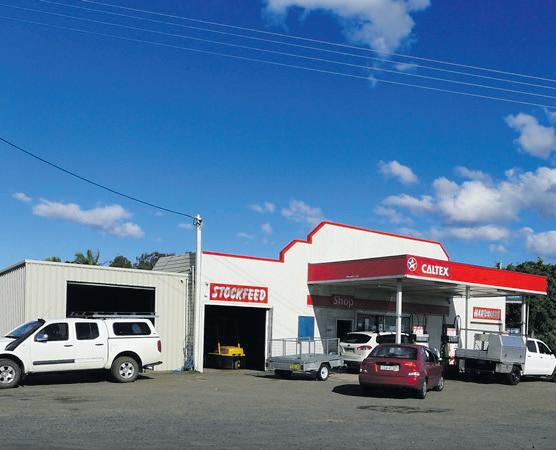
1 minute read
Australian Support Strengthens Animal Health in the Pacifc
A signifcant step towards enhancing agricultural capacity in the Pacifc will take place this month with the meeting of the Pacifc Heads of Veterinary and Animal Production Services (PHOVAPS) Network. The gathering aims to strengthen key areas such as animal health, biosecurity, veterinary capability, disease surveillance, animal welfare, and climate resilience, all of which contribute to regional food security and sustainable agricultural development.
Funded by Australia’s Department of Agriculture, Fisheries and Forestry, and delivered in partnership with the Pacifc Community (SPC) and the World Organisation for Animal Health (WOAH), the meeting will be held from October 16-18, 2024, in Nadi, Fiji. This marks the second in-person gathering of the network since its re-establishment in 2021.

Australia’s Chief Veterinary Offcer, Dr. Beth Cookson, along with representatives from the department’s Pacifc Engagement Program for Animal Health, will attend the event. Dr. Cookson emphasized the importance of animal production in Pacifc nations’ cultural and economic fabric, as well as its critical role in food security.
“Strengthening Pacifc animal health, production, and biosecurity is essential for improving food security, nutrition, and livelihoods while protecting the region from animal disease threats,” said Dr. Cookson. “Through strategic, technical, and mentoring support to the PHOVAPS Network, we aim to enhance regional capabilities and foster closer ties that ensure shared prosperity and security.”
The PHOVAPS Network serves as the primary decision-making body for regional matters related to animal health, welfare, production, and biosecurity. The network includes representatives from all 22 Pacifc Island countries and territories, as well as key partners such as Australia, New Zealand, the UK, USA, and France.
Australia’s ongoing collaboration with regional organizations like SPC and WOAH underscores its commitment to bolstering veterinary capacity, disease preparedness, and animal welfare in the Pacifc. These efforts not only help secure the region’s food and nutrition security but also contribute to building climate resilience and protecting the broader Indo-Pacifc region from biosecurity risks.
Dr. Cookson reaffrmed Australia’s dedication to growing the PHOVAPS Network’s capacity, enhancing its impact, and reinforcing Australia’s role as a trusted regional partner in supporting the Pacifc’s agricultural and biosecurity priorities.









